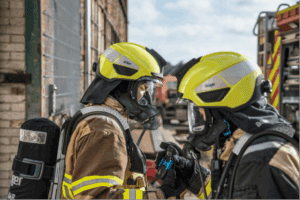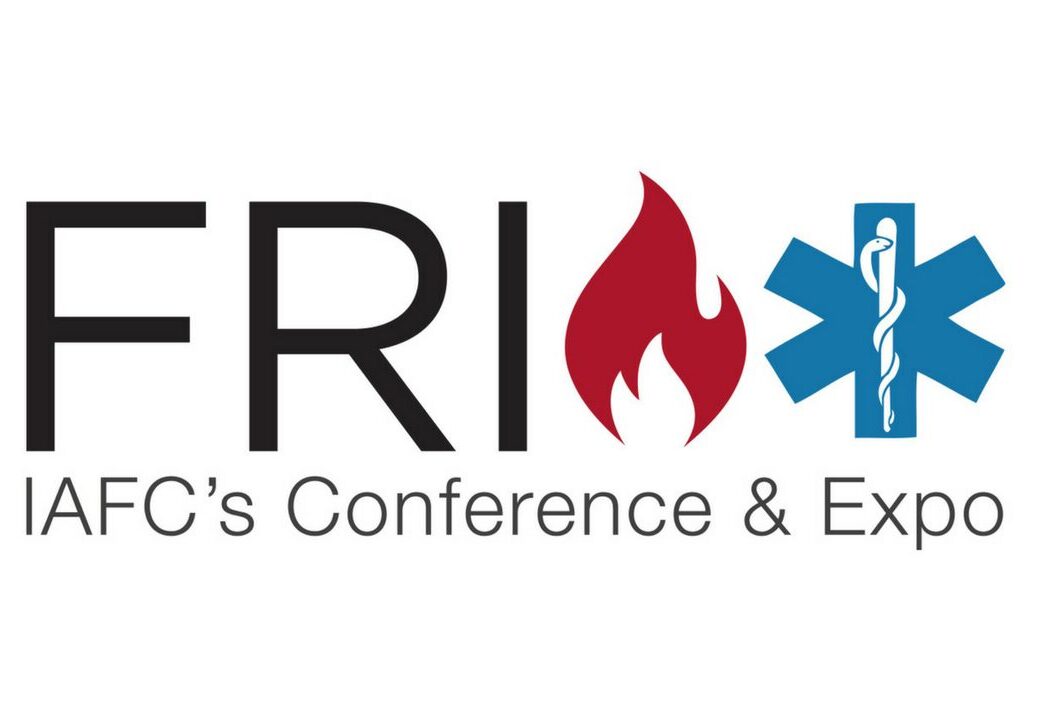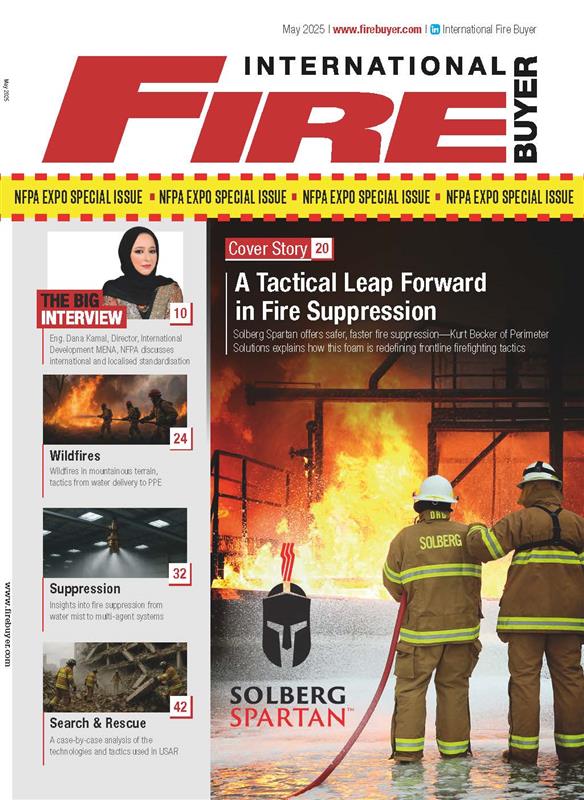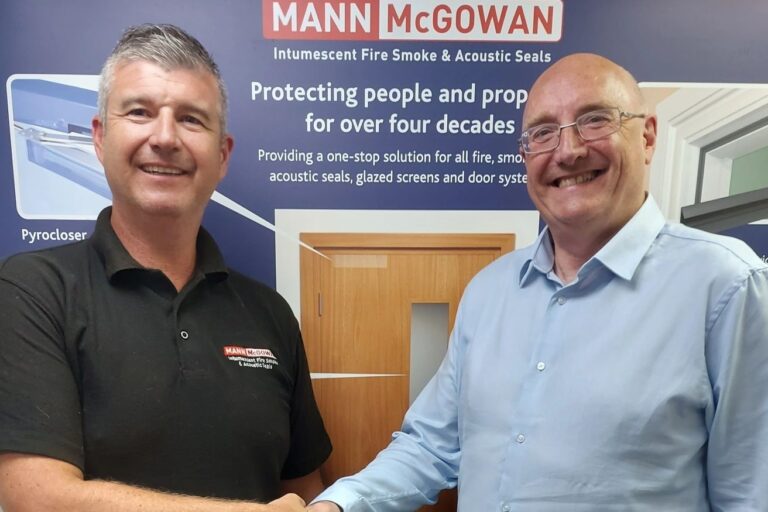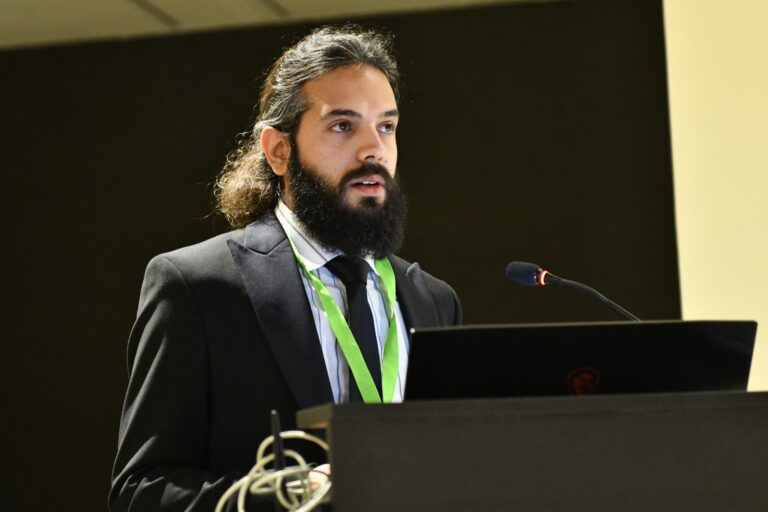The Mayor of London, Sadiq Khan, has reaffirmed his commitment to tackling the capital’s cladding crisis, aligning with central Government, the London Fire Brigade, and London Councils to accelerate the removal of unsafe materials from high-risk residential buildings.
The renewed effort comes as part of a broader push to ensure that all residential blocks over 11 metres with dangerous cladding are fully remediated or scheduled for completion by the end of 2029.
In the aftermath of the Grenfell Tower fire in 2017, which claimed 72 lives, the issue of flammable cladding has remained one of the most critical building safety challenges facing London. The capital, with four times the national average of high-rise homes, has consistently lagged in remediation efforts. Currently, over 1,500 buildings enrolled in Government-backed remediation programmes in London have yet to begin on-site work.
Since taking office, Khan has prioritised resident safety by enforcing stricter planning policies through the London Plan and by channelling funding into remediation initiatives. Under his leadership, the London Fire Brigade has implemented all recommendations from the first phase of the Grenfell Inquiry and introduced significant changes to improve response capabilities.
On 6 May, the newly formed Joint Remediation Partnership Board met for the first time. Co-chaired by Deputy Mayor for Housing and Residential Development Tom Copley and Building and Fire Safety Minister Alex Norris, the Board includes stakeholders from Government departments, local authorities, housing associations, fire services, and regulatory bodies.
Designed to break the logjam in building safety progress, the Board will oversee London’s remediation trajectory—an area where responsibility is fragmented across numerous entities. Both Khan and Norris have emphasised that no single organisation can resolve the crisis alone, and success will depend on collaboration across all levels of government.
The strategy reinforces the Government’s national goal: by 2029, all residential buildings above 11 metres with identified unsafe cladding must be remediated or have works scheduled. Failure to act may result in legal and financial penalties for building owners.
Speaking at the launch, Mayor Khan called the initiative a long-overdue step: “This is a significant step forward in speeding up the removal of dangerous cladding in London. I will not stop until we can say with confidence that the failings which led to Grenfell will never be repeated.”
Minister Alex Norris echoed the sentiment, highlighting the need for speed: “Nearly eight years on, too many people still live in unsafe homes. I’m pleased to be working with the GLA to accelerate remediation and restore public confidence.”
The London Fire Brigade has also welcomed the move. Deputy Commissioner Charlie Pugsley stressed that the persistence of dangerous cladding is placing unacceptable strain on leaseholders and residents: “The Joint Remediation Partnership Board, and the support of the Mayor, are crucial in driving action. Residents continue to face uncertainty and financial burden due to delays, and this must change.”
“Those responsible for residential buildings have a legal obligation. We will continue to support identification and remediation to protect Londoners.”
The formation of the Joint Remediation Partnership Board signals a united front in addressing one of London’s most persistent post-Grenfell challenges. With political alignment, regulatory focus, and fire service oversight, the capital now has a central platform to drive systemic change in cladding safety. But turning strategy into safety will require more than ambition—it demands sustained coordination, enforcement, and investment.
To read more news and articles see our latest issue here.
Never miss a story… Follow us on:
LinkedIn: International Fire Buyer
Twitter (X): @Firebuyer
YouTube: @FireBuyerTV
Media Contact
Rebecca Spayne, Managing Editor, International Fire Buyer
Tel: +44 (0) 1622 823 920
Email: [email protected]










